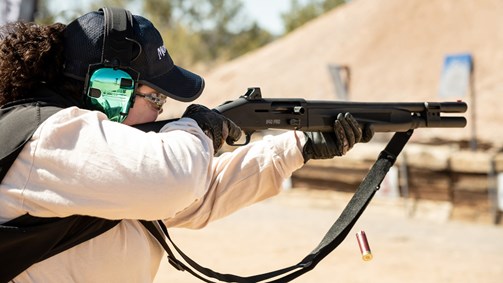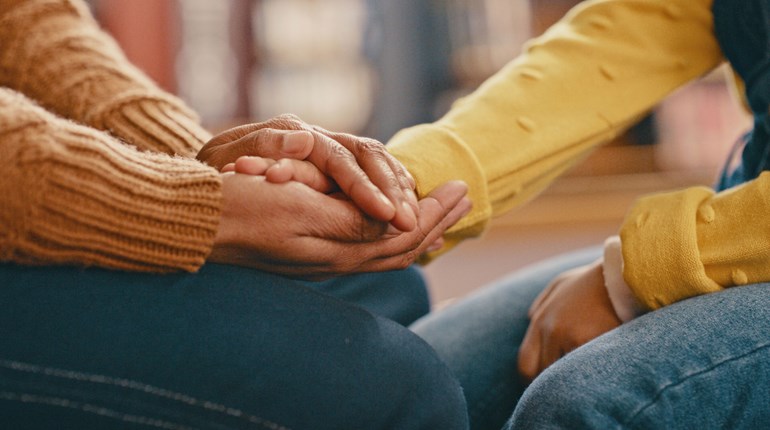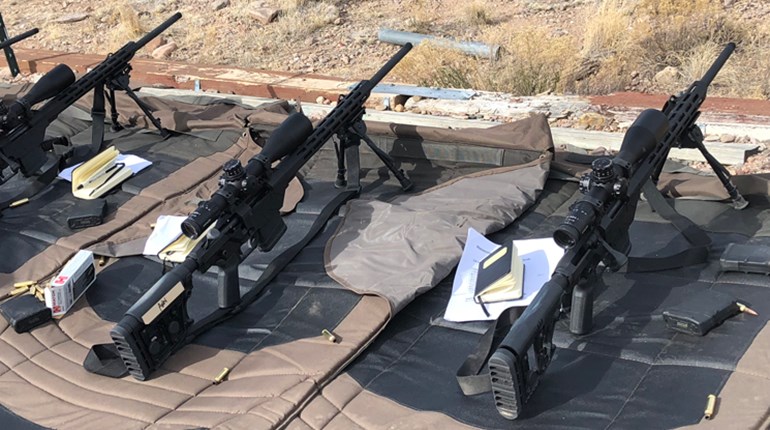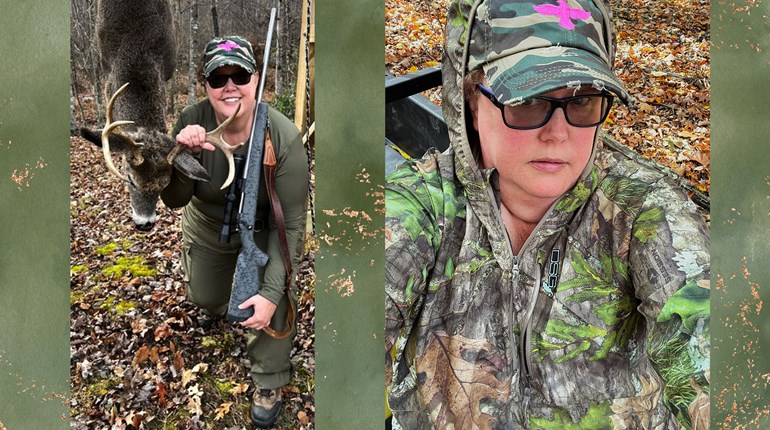
In theory, responding to a crisis sounds like it would come naturally, or when it involves processes or resources that can be used in crisis. For example, if you learn how to administer CPR, then you may believe that you are prepared, at least somewhat, to deal with a medical emergency. Recently though, we have seen how a person may react during a real crisis. The murders of four University of Idaho students by an intruder—while two other students in the same house were spared—has been receiving considerable scrutiny by some media. The reason? One of the surviving students opened her bedroom door and momentarily saw the alleged killer. She then retreated to her bedroom, locked the door, and did not call the police for seven or eight hours.
Now, since I was not there and I have never met this young woman, I cannot speak directly to this situation. But there are similarities in this case that equate to information that has been studied and documented. When I first began learning about the difficulties humans face in a crisis situation, I felt betrayed. Almost everything I had been depending on to keep myself safe might actually be ineffective, or at least misleading. The only that thing has prepared me for self-defense is real-scenario training.
But first we need to acknowledge our personal responses to threat. We have all heard the term “fight or flight.” Other conditions have been added to that process, including freeze and faint. Once a person has experienced trauma, she or he may have strange reactions to situations that remind them of the trauma. They may experience regression, which is when someone reacts in an immature way. If we have so many choices on how to respond, why is it that we often think people respond poorly or ineffectively? Examples of this are when a drowning person flails until they endanger the life of his or her rescuer; or someone on fire may run rather than stop, drop and roll. We can act against our own interests because we are only engaging our most reactive and instinctual parts of our brains. Much to my dismay, I have learned that our cognitive and thinking brain is also flawed.
To function in this world, in general, people need to trust each other and get along. We need to feel like we belong to a group and/or family. To operate otherwise is unhealthy and socially impossible. No one could do business with anyone else without some level of trust and safety. We have been preprogrammed to believe in that trustworthiness and safety. Here’s what I mean:
1. We have a bias to believe what we believe. People will hold on to what they believe. They will ignore facts in order to be able to trust in our world being understandable and unchanging. Only when faced with information and situations that cannot be explained away or ignored must we change our minds. If you are safe in your home and with your roommates, it might take an extraordinary amount of information to change your mind.
2. Myth: I can recognize when I am being lied to and when someone is unsafe. This one was hard for me to accept. But the evidence shows that humans are extremely bad at recognizing liars. We can all spot the ones who get nervous and stammer or can’t look us in the face. But the good actors are not even identified by the professionals. It is not because they are super stealthy like James Bond or very casual like Raymond Reddington. As the TV character Dexter Morgan says, “We only see two things in people: what we want to see and what they want to show us.” How many movies have we watched where someone made himself at home in a hospital or other facility just by acting like they belong there? Having worked in medical facilities for many years, I have watched many times when a person unidentified by staff had wandered around for as much as a half a day before someone asked him who he was and what he was doing there. We all tend to trust others.
3. The optimism bias. We believe what is easy to accept over what is more difficult. Denial received first mention in Kubler’s theory of grief. A sliver of hope is present even in Blake Shelton’s Barmaggedon games. Mathematicians tell us that we would never play the lottery if we understood the abundance of probability of losing. Data shows that we will all overestimate our chances of good things happening while underestimating chances of bad things happening. We are just not meant to easily accept that things are not OK.
From the information that was released on the Idaho murders, we know that the roommate reportedly heard noises, crying, and a man say, “It’s OK, I’m going to help you.” She saw a masked intruder, locked herself into the bedroom, and did not call for help until many hours later. If she had a history of previous trauma, it’s possible she may react to the situation as she reacted to the past trauma. Even without previous trauma, she could be shocked and confused into a personal freeze reaction. Once the reaction started to subside, she would most likely start questioning what she saw. Maybe she expected her roommates to be up at all hours and making noise. Maybe someone could have been playing a prank. Maybe the house had been robbed and it was safer to stay locked in her room. Those doubts are enough to dismiss information that goes against the belief that something terrible could have happened. Maybe she was used to being told that her fears are not grounded in reality. Maybe that sliver of hope that all was OK was the overestimate and optimism that kept her from reacting. Maybe she believed that nothing that bad could ever happen to her or her friends. Also, can you imagine how foolish she would feel and how upset her roommates would be with her if she over-reacted and it turned out that nothing was wrong?

It is hard to make sense of the reasons why someone would not react and report a terrible crisis and event. Of course, we get to make that judgement after knowing that people are dead. With what I have learned about how the mind works in times of crisis, a lack of reaction is expected. A fear of being embarrassed if you are wrong is also pretty universal. The ones who react and have a thoughtful and sensible reaction are the real mystery. Colonel Cooper, founder of Gunsite Academy, had it right: “Safety is something between your ears, not something you hold in your hands.” With what I have learned of psychology, my experiences with defensive training, and using that training to keep myself safe, it is very clear that applying defensive thinking in everyday situations is a must if you truly want to be prepared. We will better accept that things are going haywire when we have considered beforehand that they might. The next time you are eating out with your friends or family or the next time you are just sitting at home, ask yourself, “What would I do if …” If you need help on what to fill in the blank, just listen to the daily news and you will have plenty of situations from which to pick. Then keep in mind that you may have to “argue” with your brain about whether things are OK or whether you should react and risk embarrassment.
Once you accept that your brain is flawed, you know that only training can help you overcome those flaws. Go to the range and perfect your skills, but give your defensive thinking brain a workout as well.
The author is an MA, WV Licensed Psychologist, Licensed Professional Counselor WV, Nationally Certified Counselor, NRA Instructor, Outdoor Writer
Samantha was born and raised in the hills of West Virginia. She was the youngest of six grandchildren (and the only female) who were raised to love the outdoors and hunting. She started shooting when she was big enough to hold a Winchester model 6, 22 pump action by herself. She has hunted from Texas to Africa. She believes that while Superman gets his power from the sun, her power comes from the outdoors. She lives in Southern West Virginia with her understanding and supportive husband who doesn’t mind showing off her trophies to his buddies.
Samantha decided to pursue her love of psychology and counseling at age 12 (following in her father’s footsteps) and has never looked back. She strives to balance her time in the office helping others with time in the outdoors. She has focused much of her career on helping children and adults who have been abused, neglected, and mistreated. Her biggest rewards come from helping others liberate themselves from their fears and pain to become healthy and happy.














































